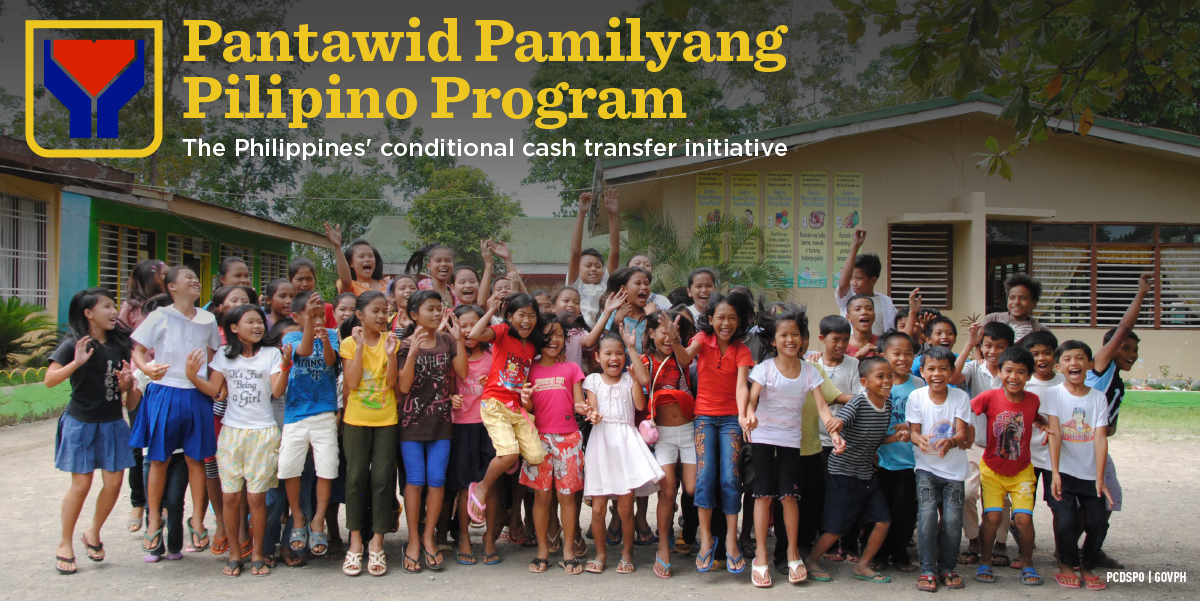Breaking
4Ps won’t end in 2019 — DSWD
MANILA — The Department of Social Welfare and Development (DSWD) on Monday denied that Pantawid Pamilyang Pilipino Program (4Ps) is set to end in 2019.
“4Ps itself is not set to end in 2019, only the counterpart financing of the World Bank and the Asian Development Bank (ADB) will,” DSWD Secretary Judy M. Taguiwalo said.
Taguiwalo made the clarification regarding the circulating reports that the program is set to end in 2019 which will mean cutting off government support for millions of beneficiaries.
“We have not made any categorical decision to end 4Ps by 2019 even as we have already stated our stand that it should not be institutionalized,” she said.
The DSWD chief also said that what is actually set to end in 2019 – specifically on Dec. 31, 2019 — is the World Bank-funded Social Welfare and Development Reform Project II (SWDP II) loan number 8584-PH which costs USD450 million.
She added that the loan with the ADB which costs USD400 is scheduled to end on June 30, 2020.
Citing that there are no plans scrap the 4Ps by 2019, Taguiwalo said the agency is continously assessing the program for improvements particularly through the conduct of “Kamustahan” among the beneficiaries.
For instance, one of the more important assessment points concerns the general membership of the program and who among the beneficiaries are actually qualified to be included the program in terms of their poverty levels and the needs of their families.
“We are assessing the program based on the experiences of inclusion/exclusion.
We also want to impose protective measures that will safeguard the program from the political influence at the community and local government level,” she said.
The DSWD official said that review is being done also in line with efforts to review the Philippine social protection framework.
“There is an evident need to put together a social protection framework which is in line with the Philippine Development Plan (PDP) that aims for a more universal and transformative kind of social protection scheme. (Leilani S. Junio/PNA)






















